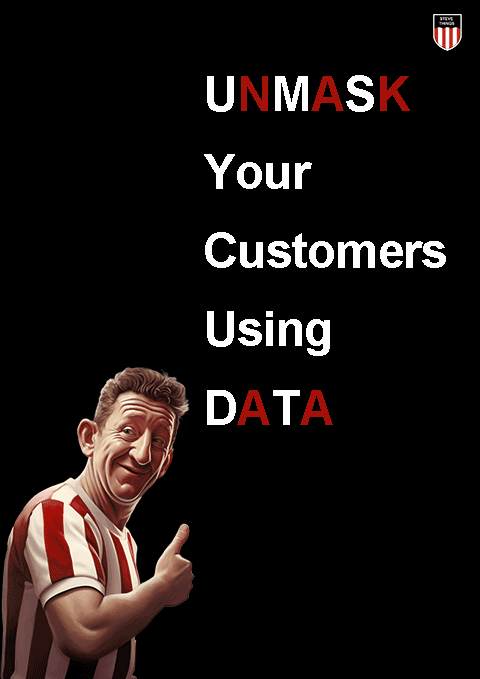When I say "all" I mean all choices. It's the data sources that are varied.
1. You have sensory data.
What you personally can see, hear, smell, touch and taste form probably your biggest internal database to draw information from. This data is stored in your memory. You know what Chocolate tastes like right? So you can make a choice based on this data whether you like it enough to buy it or not. You know the atmosphere at a football game right? the sight and sound of 50,000 people singing for the glory of your team? Then you know whether or not to go to a game or not.
2. Word of mouth.
You have friends and colleagues that tell you stuff, usually the local things like the great new bar you should try or the inside scoop about the great band coming to your city.
3. Social media.
You also have a lot of like minded individuals that you’ll never meet that freely disperse information about all sorts of things. When was the last time you read a review about a restaurant? or visited tripadvisor before booking a holiday?
4. Traditional media.
Then you have the informed opinion. The news, trade views, government and authoritative voice that are sometimes fact based that everyone is conditioned to believe because the “authority” says so.
5. Numbers.
Then you have numbers and stats that effect your choices in a number of ways. If 50,000 people go to the football game then there must be something good about going right?
I believe that I can predict the right answers more often than I get them wrong by combining all the data I have, putting into context and coming up with information. This allows me to make informed choices.
It’s the same in business. When you want to make more money you need to have as many informed choices which combines all the different data points you have.
Just like in life it doesn’t always work. But we’re living in the age of information and there has been no better time to learn how to make informed choices. Food for thought.

